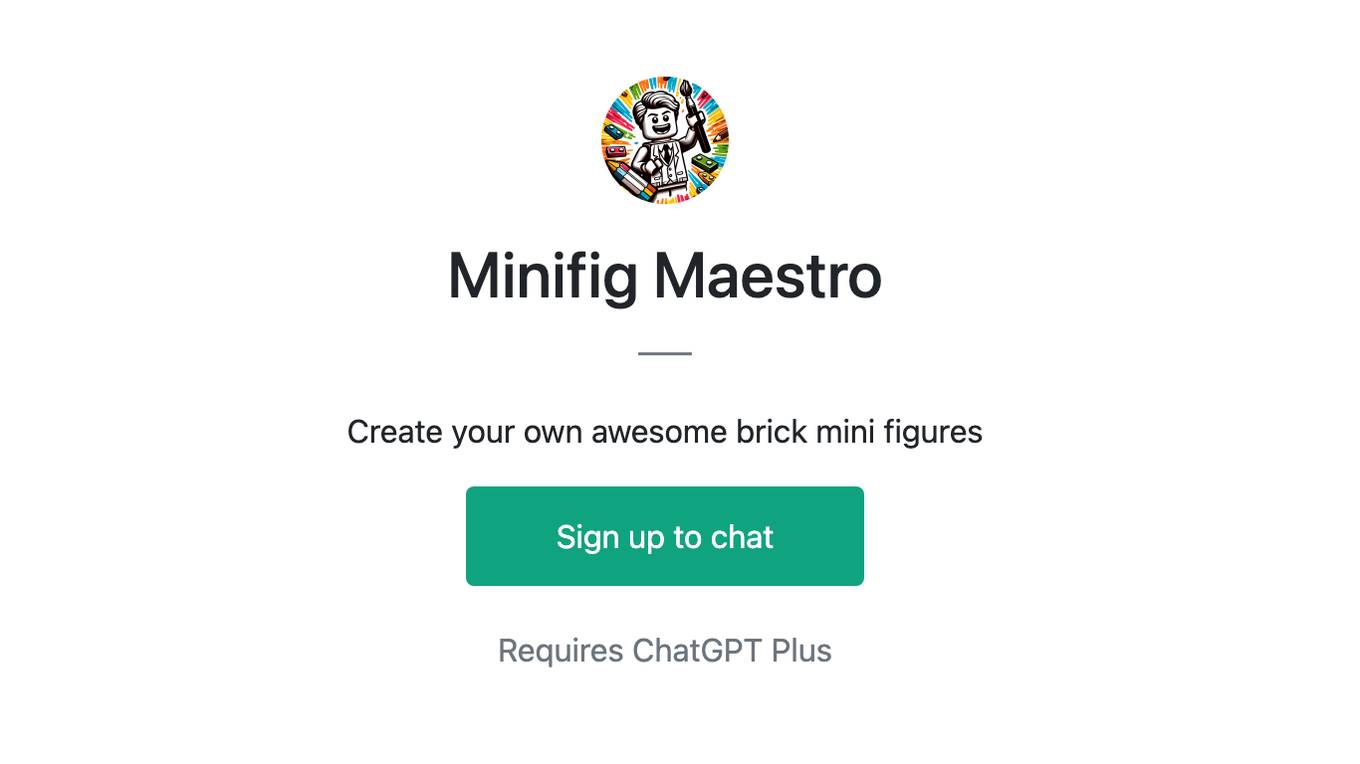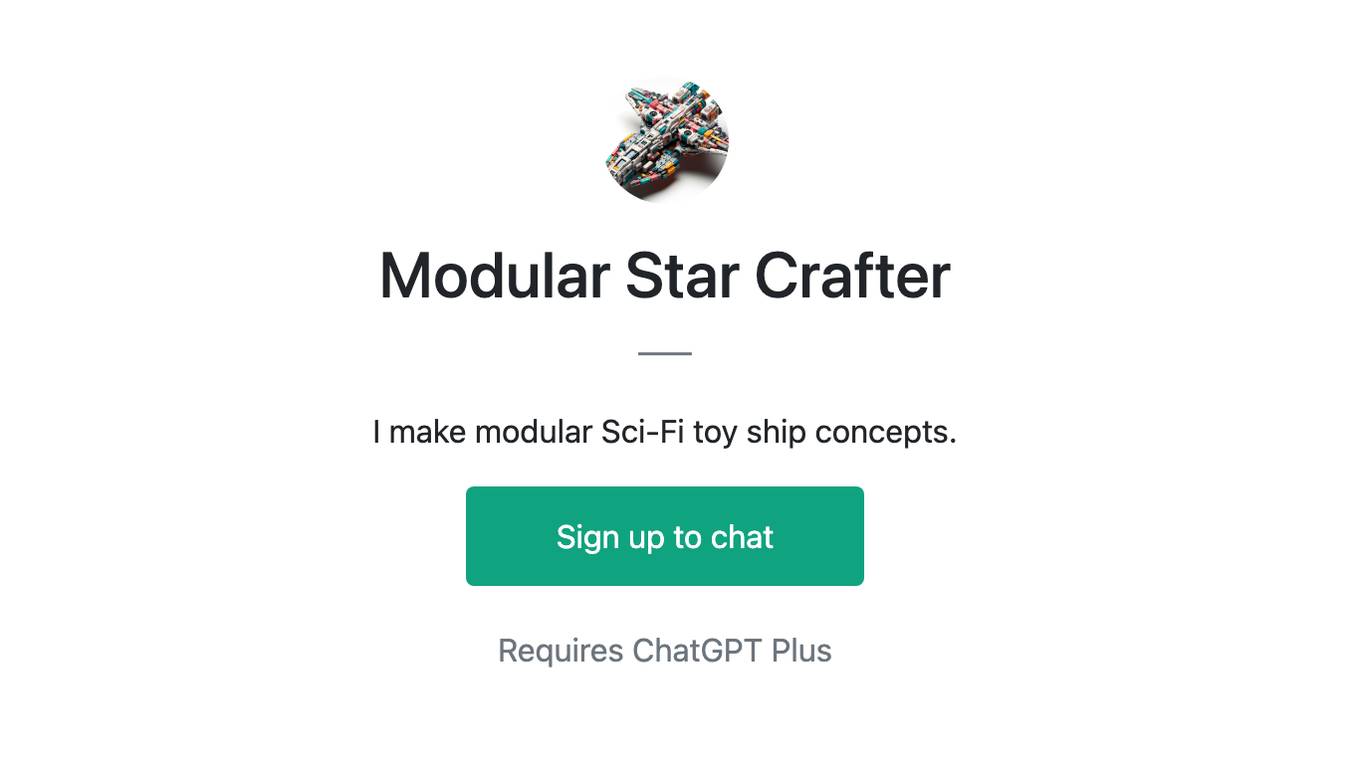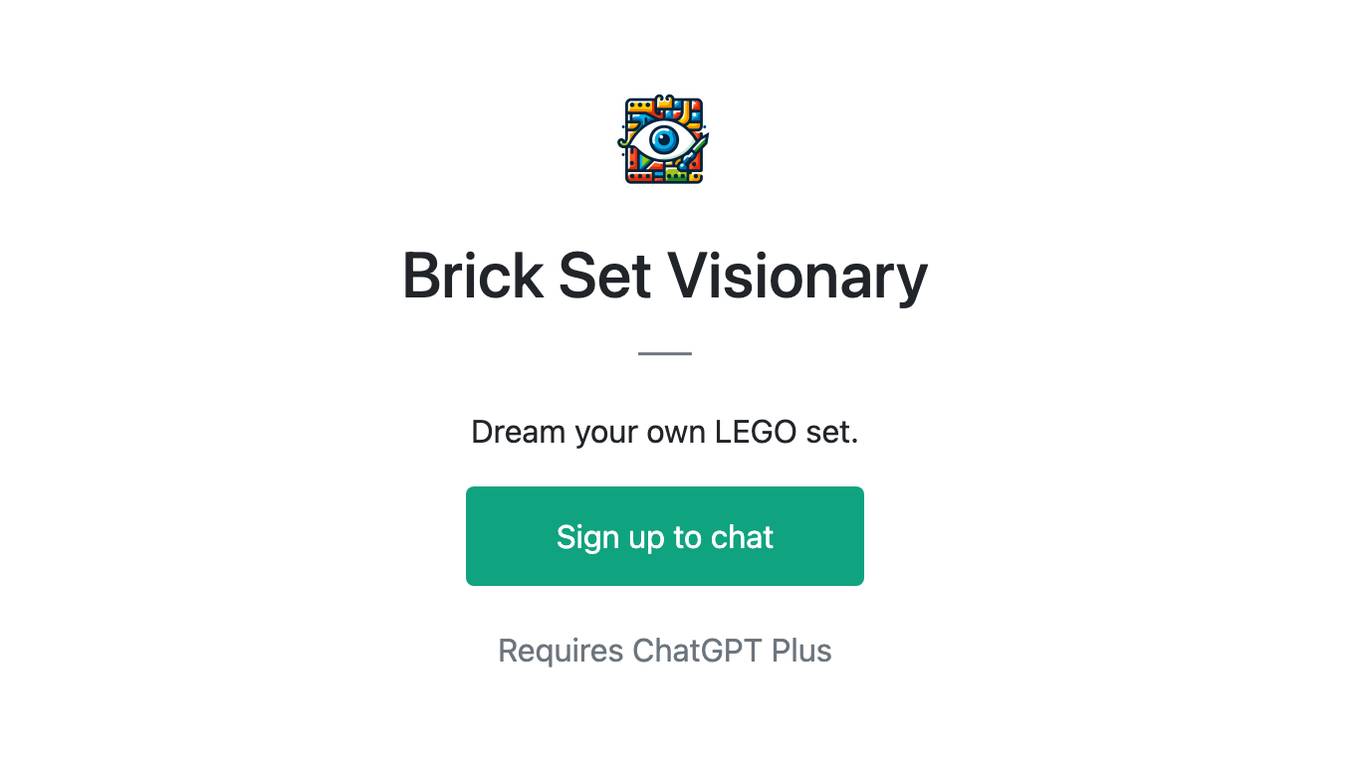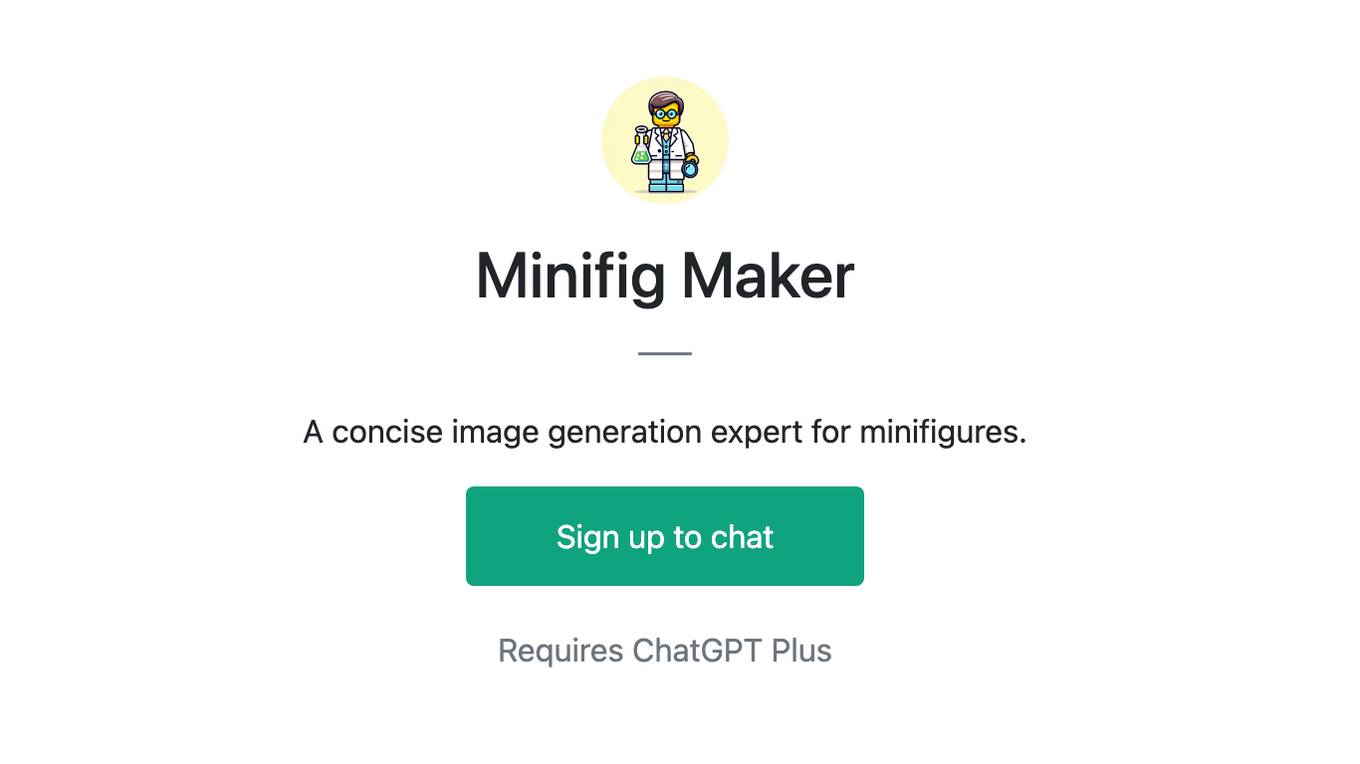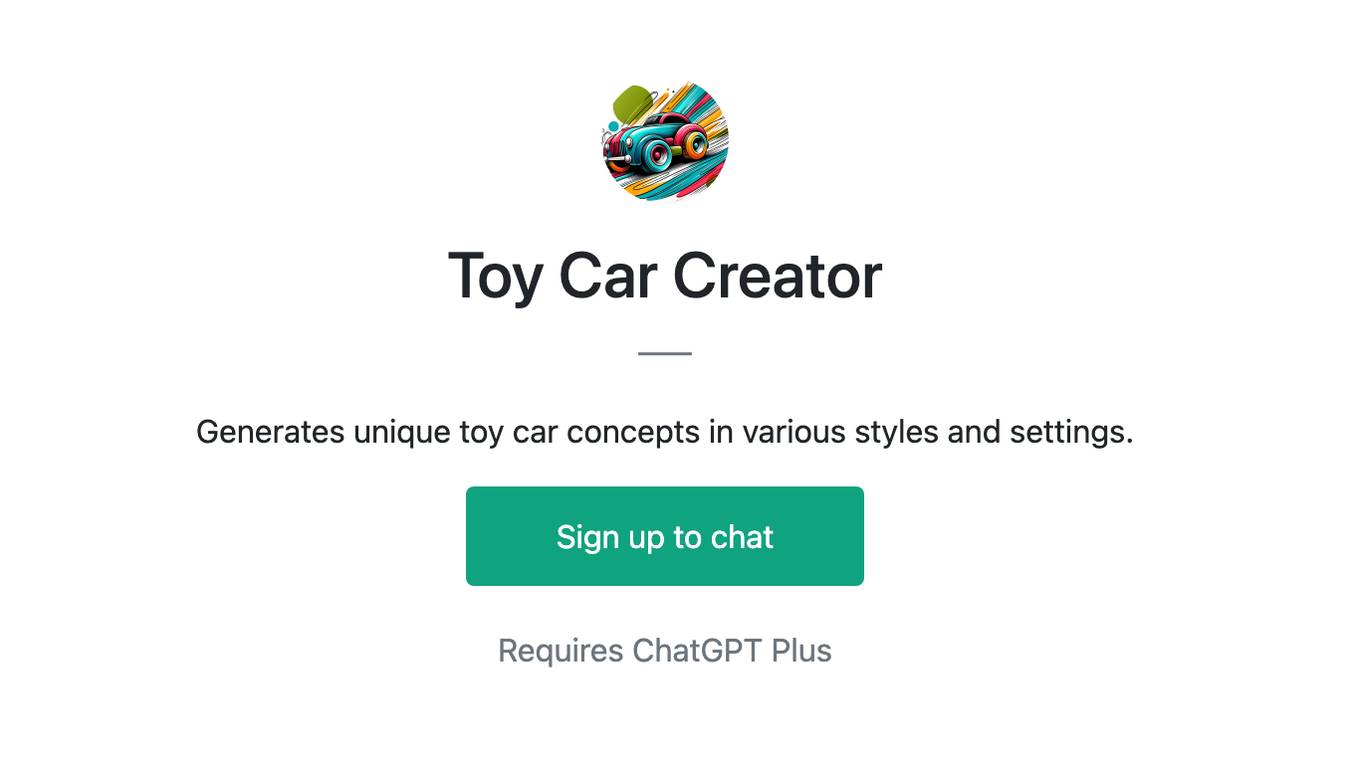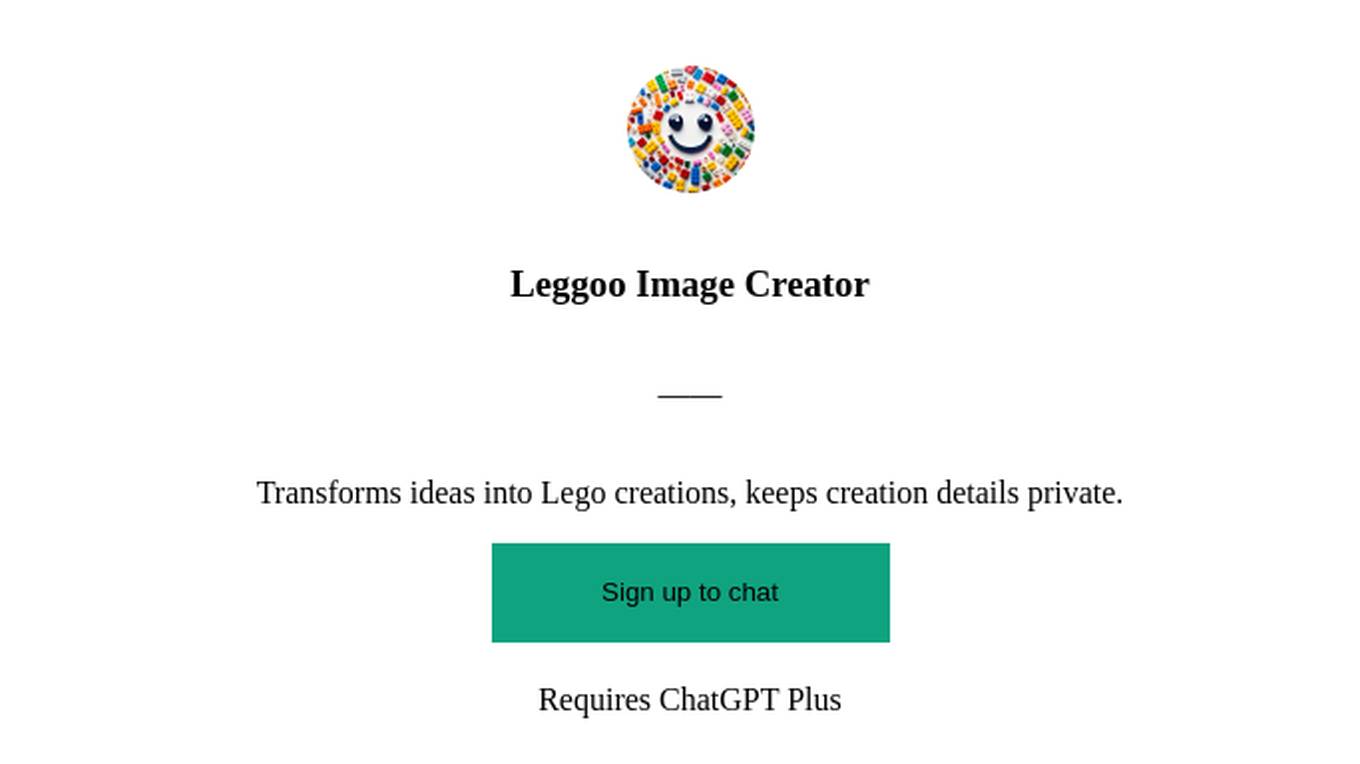Best AI tools for< Toy Designer >
Infographic
9 - AI tool Sites
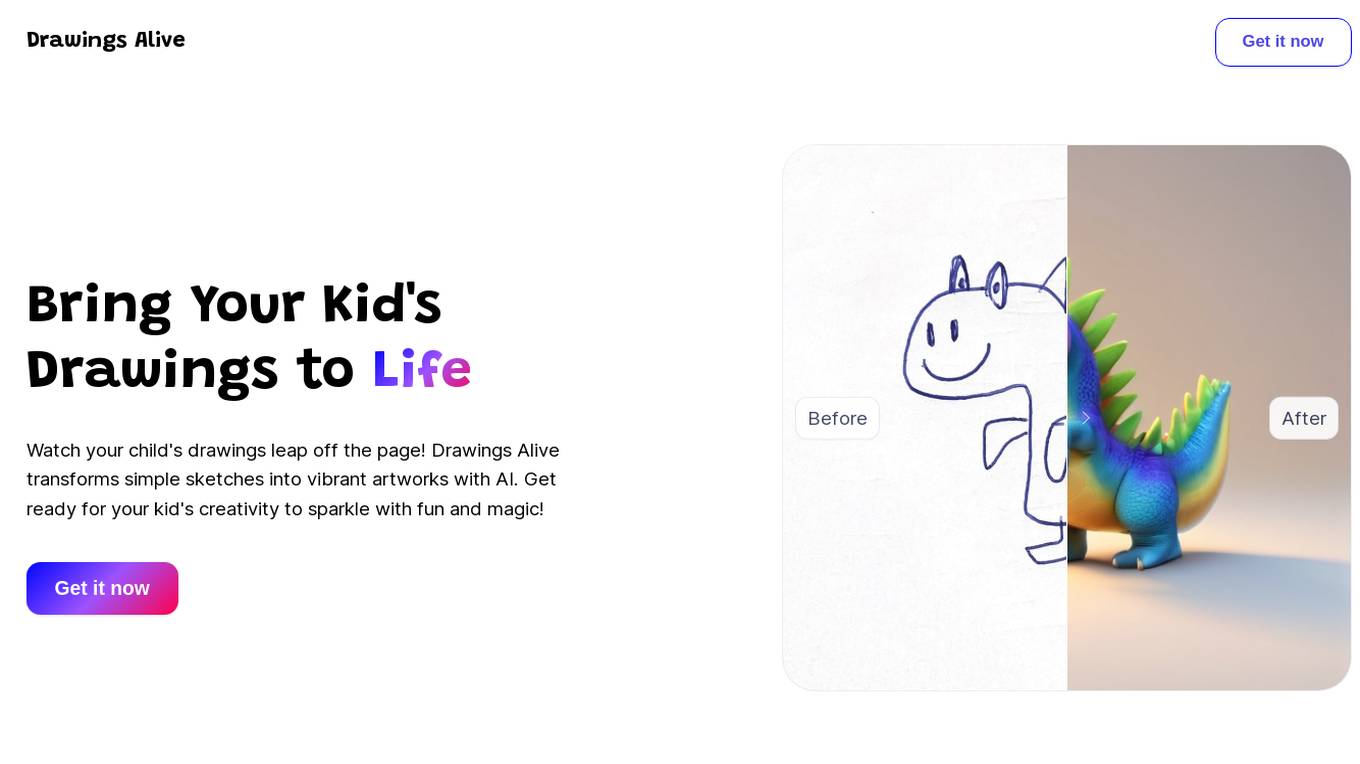
Drawings Alive
Drawings Alive is an AI-powered application that brings children's drawings to life by transforming simple sketches into vibrant artworks. Users can upload a picture or scan of their child's drawing, provide a short description or art reference image to guide the AI, and witness the magic as the sketch is transformed into a beautiful artwork in seconds. With different subscription plans available, Drawings Alive offers up to 500 generations per month, allowing parents to spark their child's creativity and imagination effortlessly.
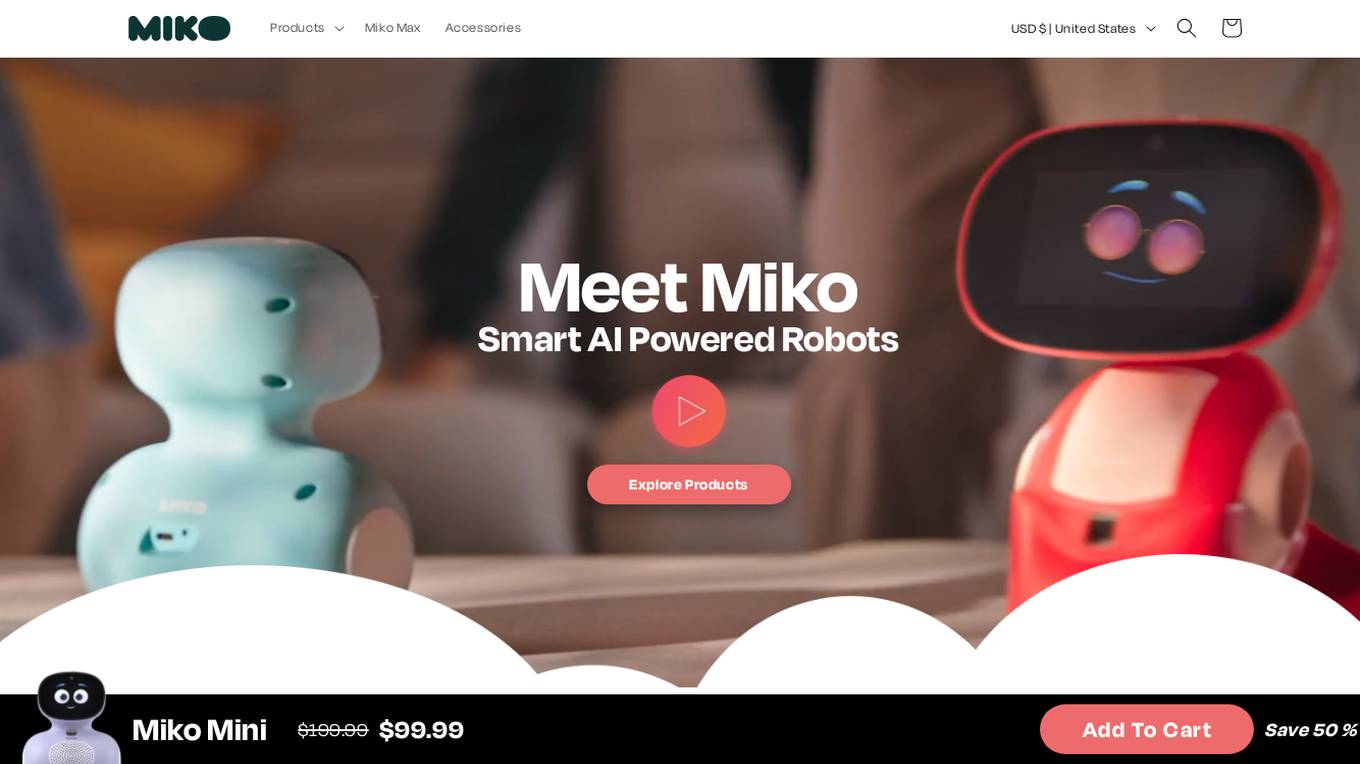
Miko AI-Powered Robot
Miko AI-Powered Robot is a smart companion for kids that offers a range of interactive and educational experiences. It includes products like Miko Mini, Miko 3, Miko Chess, and Miko Max, designed to enhance children's learning and playtime. The robot focuses on developing various quotients in kids, such as IQ, EQ, SQ, and PQ. Additionally, Miko ensures data security and privacy, making it a family-friendly AI tool.

TalkDirtyAI
TalkDirtyAI is an AI-powered chatbot that allows users to explore their fantasies through simulated conversations. It is designed to provide a safe and private space for users to explore their sexuality and desires without judgment. The chatbot is trained on a massive dataset of erotic literature and is able to generate realistic and engaging conversations. It can also learn about the user's preferences over time and tailor the conversations accordingly.

Facetomany
Facetomany is an AI-powered tool that allows users to transform their face images into various styles such as 3D, emoji, pixel art, video game, claymation, or toy without requiring any artistic or coding skills. Users can upload a single photo as input and select the desired style, or provide a text prompt to control the generated style. The tool prioritizes privacy protection and offers advanced customization options for creating unique facial artworks.
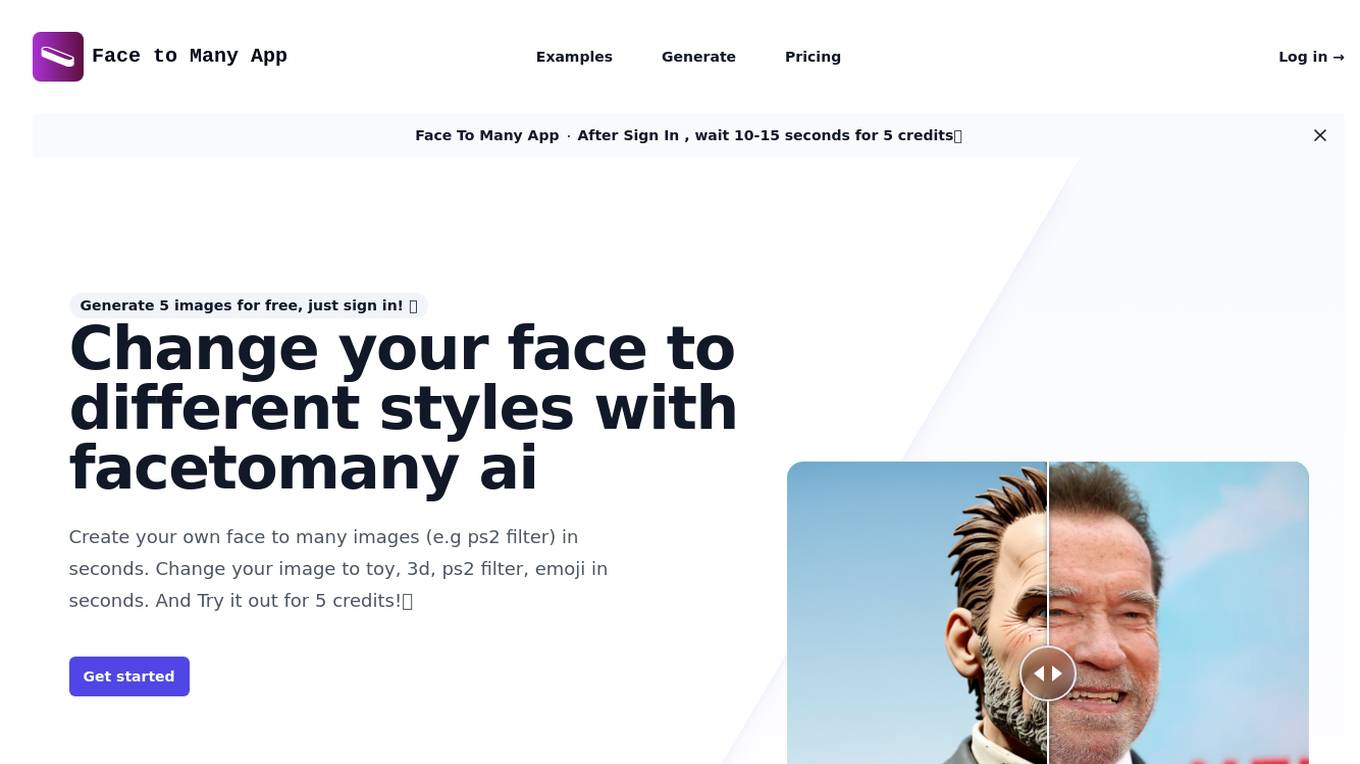
Face To Many
Face To Many is an AI-powered image generator that allows users to create multiple styles of their own images. With Face To Many, you can easily change your image to toy, 3d, ps2 filter, emoji in seconds. It is simple to use, just upload your image and describe what your image will be (a short prompt), Face To Many will generate image for you. Face To Many offers high quality for its images, and you can download it for free once you generate it!

Face to Many
Face to Many is an AI-powered face art creation tool that allows users to transform their face images into various styles, including 3D, emoji, pixel art, video game style, claymation, or toy style. Users can simply upload a single photo and select the desired style, and the tool will automatically generate the transformed image. Face to Many also offers advanced options for users to customize their creations, such as denoising strength, prompt strength, depth control strength, and InstantID strength.
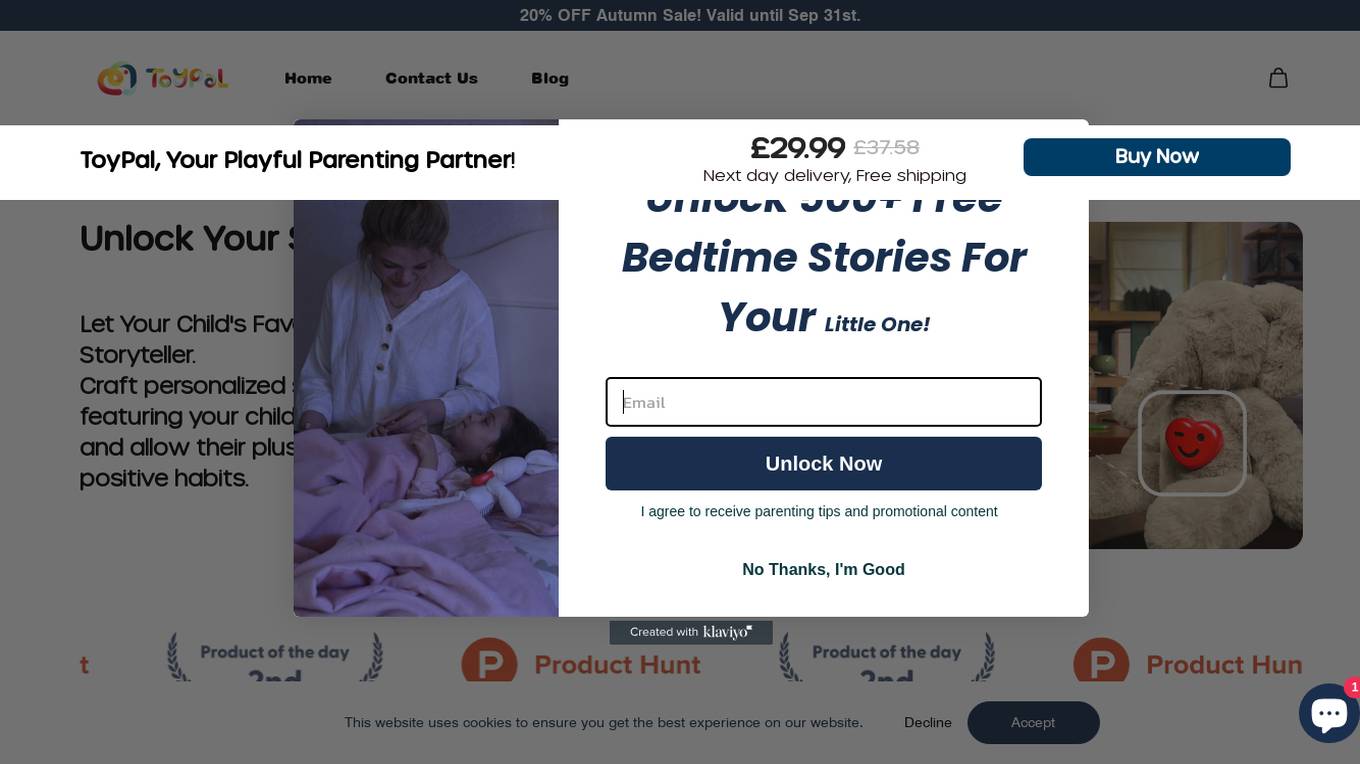
ToyPal
ToyPal is an AI-powered storytelling toy designed for kids to enhance their learning experience and promote positive habits. It allows parents to craft personalized stories featuring their child's name, guiding them towards healthy routines. The application focuses on improving children's behavior through engaging and imaginative storytelling, creating a unique bond between the child and their favorite soft toy. ToyPal offers a safe and screen-free environment, with a rich library of 500+ free stories and a supportive parent community.

SantaAI
SantaAI is a magical application that brings the spirit of Christmas to life for children through the persona of Santa Claus. Powered by artificial intelligence, SantaAI offers personalized dialogues that evolve over time, creating a unique and lasting bond with children. The application provides fascinating stories from the North Pole, encouraging learning through play and daily experiences. For parents, SantaAI offers a safe and protected environment with advanced parental control features and continuous educational support. With various call packages available, SantaAI ensures the magic of Christmas is always present, making it a delightful experience for both children and parents.
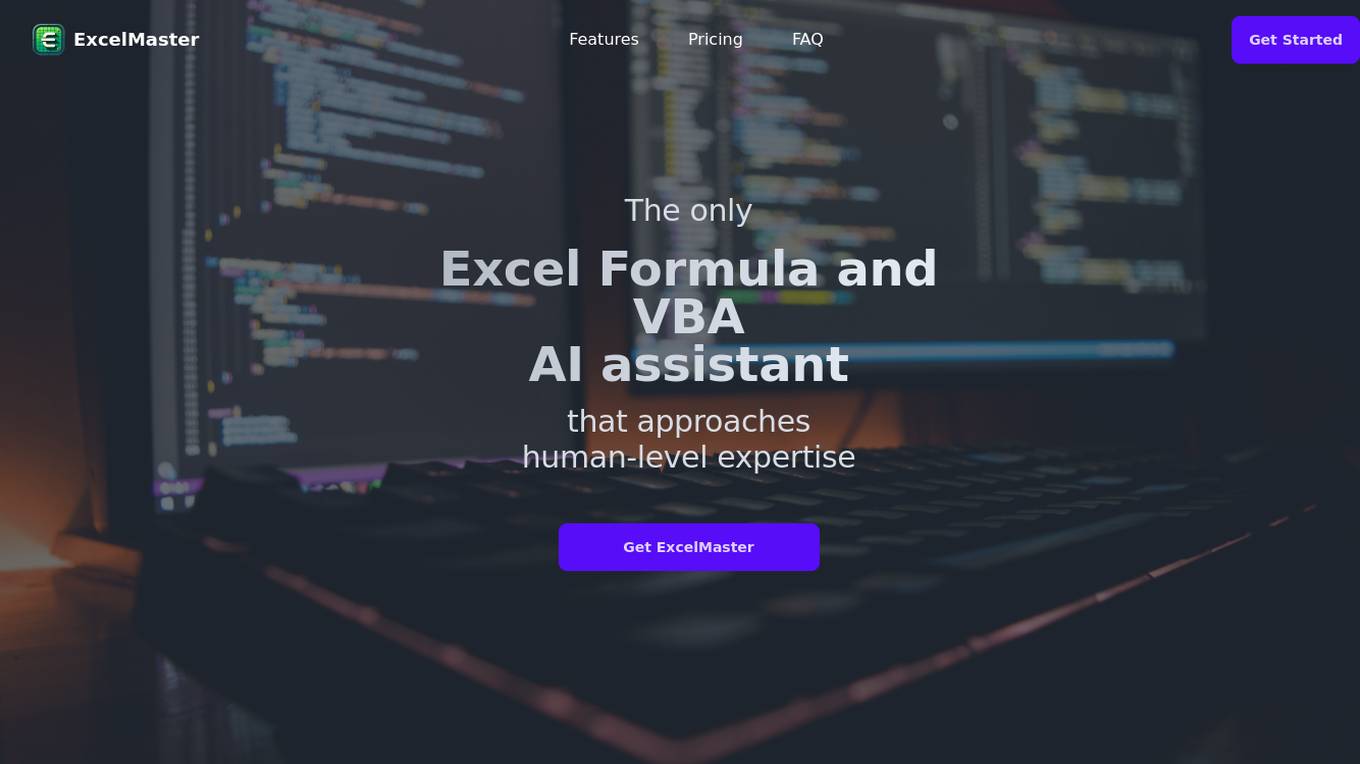
ExcelMaster
ExcelMaster is an AI-powered Excel formula and VBA assistant that provides human-level expertise. It can generate formulas, fix or explain existing formulas, learn formula skills, and draft and refine VBA scripts. ExcelMaster is the first of its kind product that handles real-world Excel structure and solves complicated formula/VBA assignments. It is far better than other “toy” formula bots, Copilot, and ChatGPT.
0 - Open Source Tools
12 - OpenAI Gpts
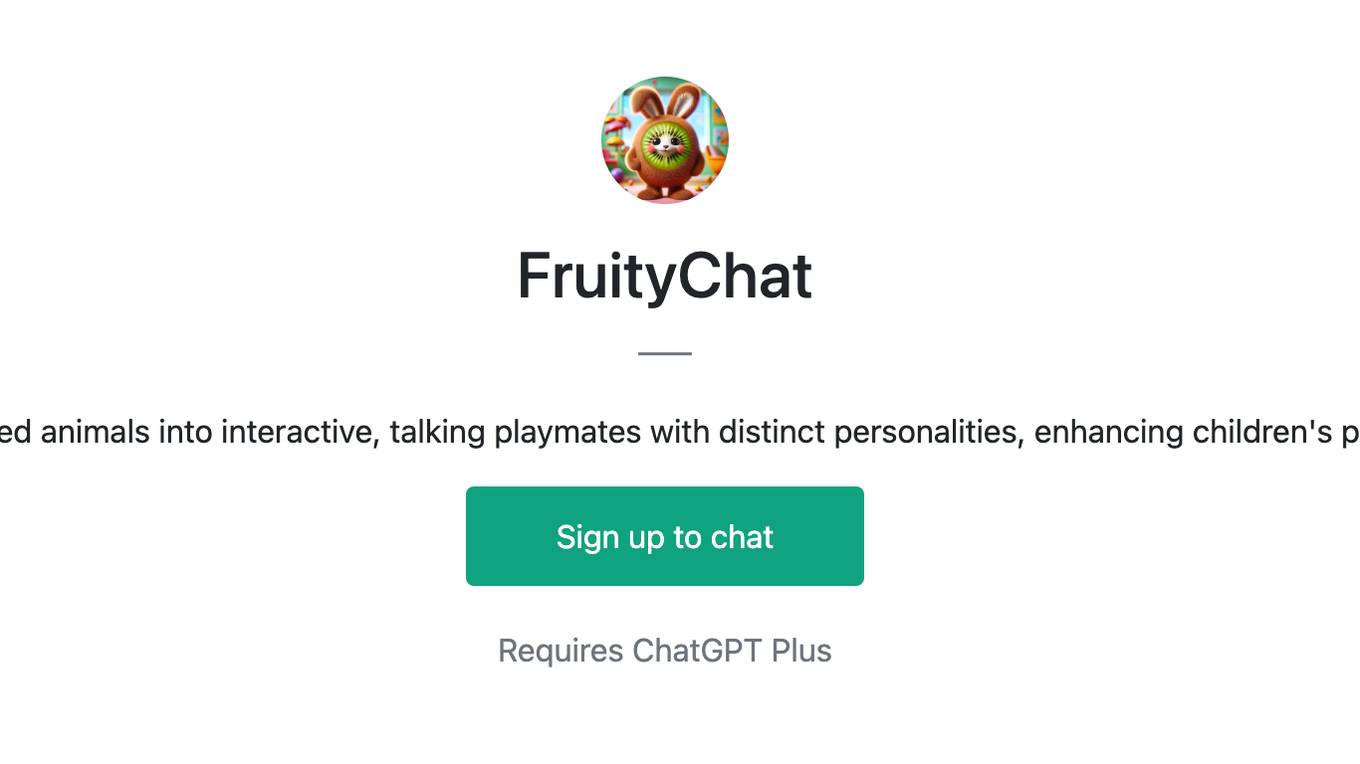
FruityChat
Transform your child's stuffed animals into interactive, talking playmates with distinct personalities, enhancing children's play and emotional growth.

Potty Art Pal
A playful designer bringing kids' potty humor to life in a fun, imaginative way.

